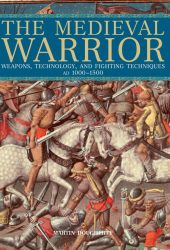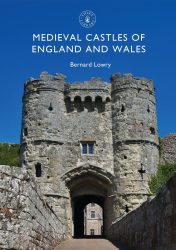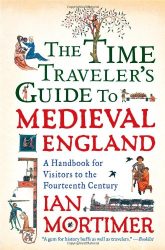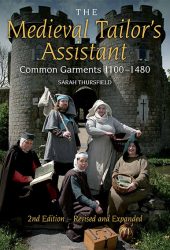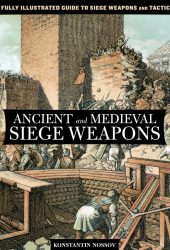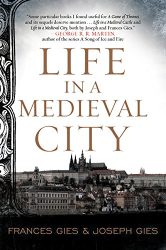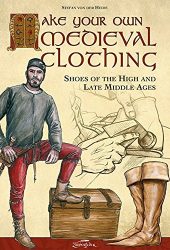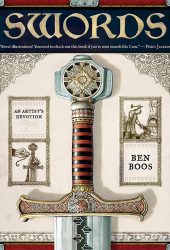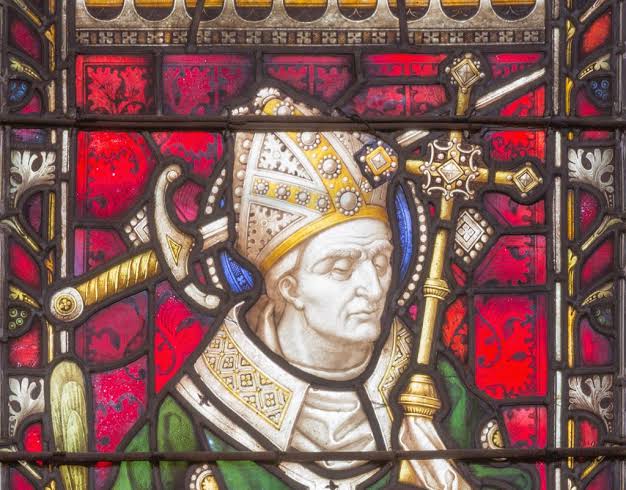
Thomas Becket, also known as Saint Thomas of Canterbury, was a prominent English churchman and statesman who served as Archbishop of Canterbury from 1162 until his death in 1170. Born circa 1120 in London, Becket rose to prominence through his close association with King Henry II of England, eventually becoming one of the most influential figures in the realm.
Who Was Thomas Becket?
Becket’s early career was marked by his service as a trusted advisor and chancellor to King Henry II. He proved to be a skilled administrator and diplomat, earning the king’s favor and admiration. In 1162, Becket was appointed Archbishop of Canterbury, the highest ecclesiastical office in England, following the death of Theobald of Bec.
As Archbishop, Becket underwent a profound transformation, renouncing his worldly pursuits and embracing a life of piety and devotion to the church. His newfound zeal for ecclesiastical independence and the rights of the church brought him into direct conflict with King Henry II, who sought to assert royal authority over the clergy and the church courts.
The most famous episode in Becket’s life came in 1170, when he clashed with King Henry II over the jurisdiction of ecclesiastical courts and the punishment of clergy accused of crimes. Becket’s refusal to compromise on matters of church autonomy and his steadfast defense of the church’s privileges angered the king, leading to a bitter estrangement between the two former friends.
Tensions between Becket and the king came to a head when Becket excommunicated several of Henry’s supporters, prompting the king to utter his infamous outburst: “Will no one rid me of this turbulent priest?” In response, four of Henry’s knights interpreted the king’s words as a command to eliminate Becket, and they travelled to Canterbury Cathedral, where they brutally murdered him on December 29, 1170.
Becket’s murder shocked medieval Europe and sparked widespread outrage and condemnation. He was canonized as a saint by the Catholic Church in 1173, and his shrine at Canterbury Cathedral became one of the most important pilgrimage sites in Christendom. Becket’s martyrdom elevated him to the status of a symbol of ecclesiastical independence and resistance to secular authority, and he remains one of the most revered saints in the Christian tradition.
Books about Medieval Life
More Medieval People
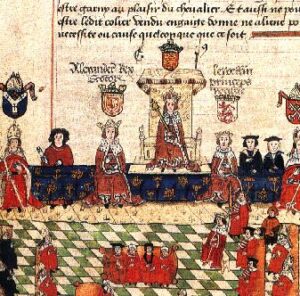
Medieval People: Andrew de Moray
Andrew de Moray a pivotal figure in the Wars of Scottish Independence and stands as a symbol of Scottish resistance against the English.
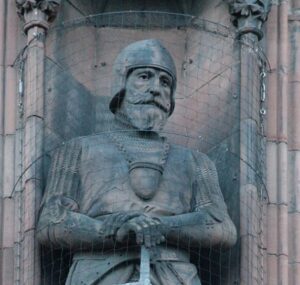
Medieval People: James Douglas, Lord of Douglas
James Douglas was a formidable figure renowned for his unwavering loyalty, military prowess, and unyielding commitment to Scotland’s cause.
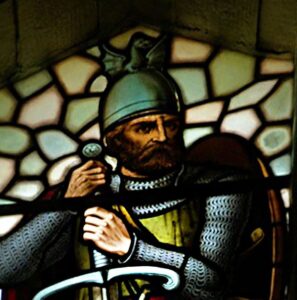
Medieval People: William Wallace
William Wallace commands reverence as a symbol of resistance against English oppression during the Wars of Scottish Independence.
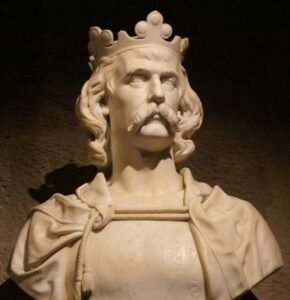
Medieval People: Robert the Bruce
Robert the Bruce was one of Scotland’s most renowned medieval kings and a prominent figure in the country’s history.
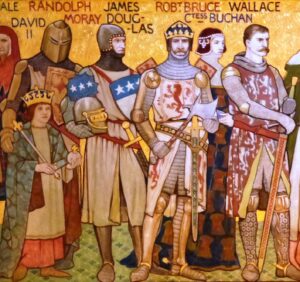
Scotland’s Most Famous Medieval Knights & Warriors
Scottish knights played a crucial role in shaping the medieval history of Scotland. Learn more about their bravery and fierce determination.
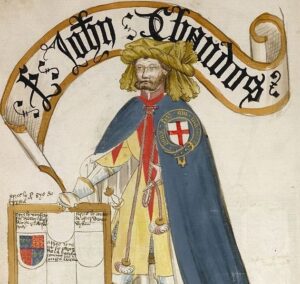
Medieval People: Sir John Chandos
Sir John Chandos was a notable medieval knight and military commander who played a significant role in the Hundred Years’ War.

